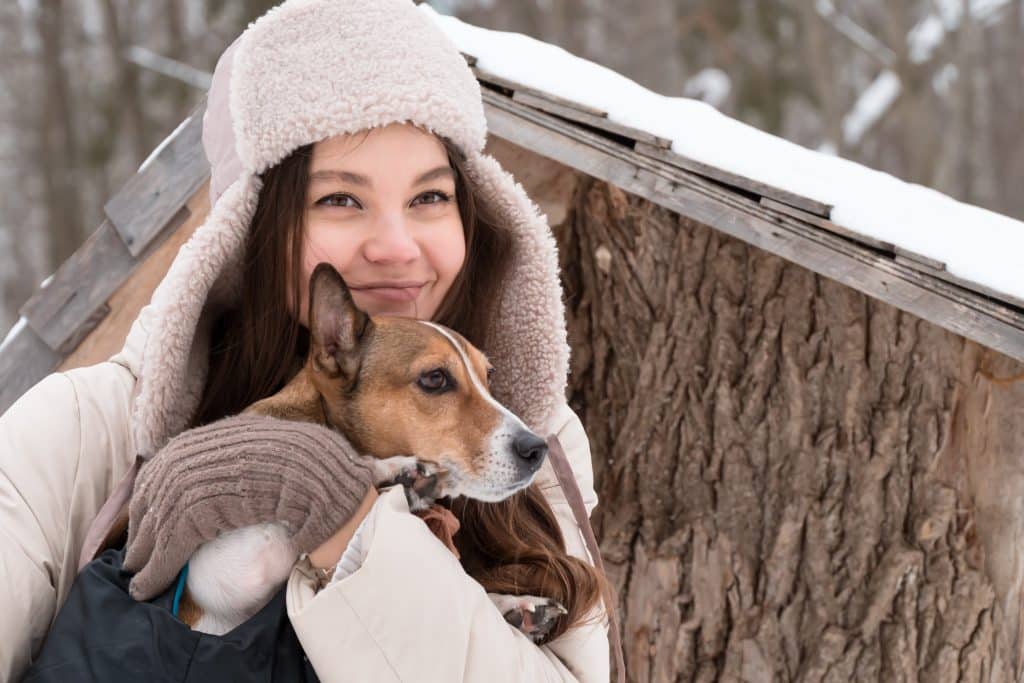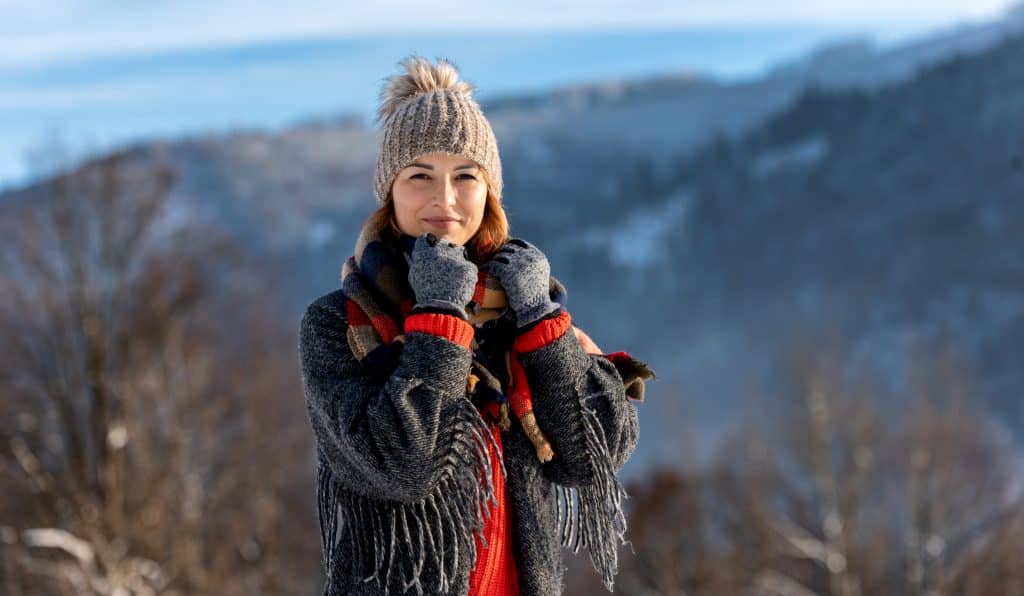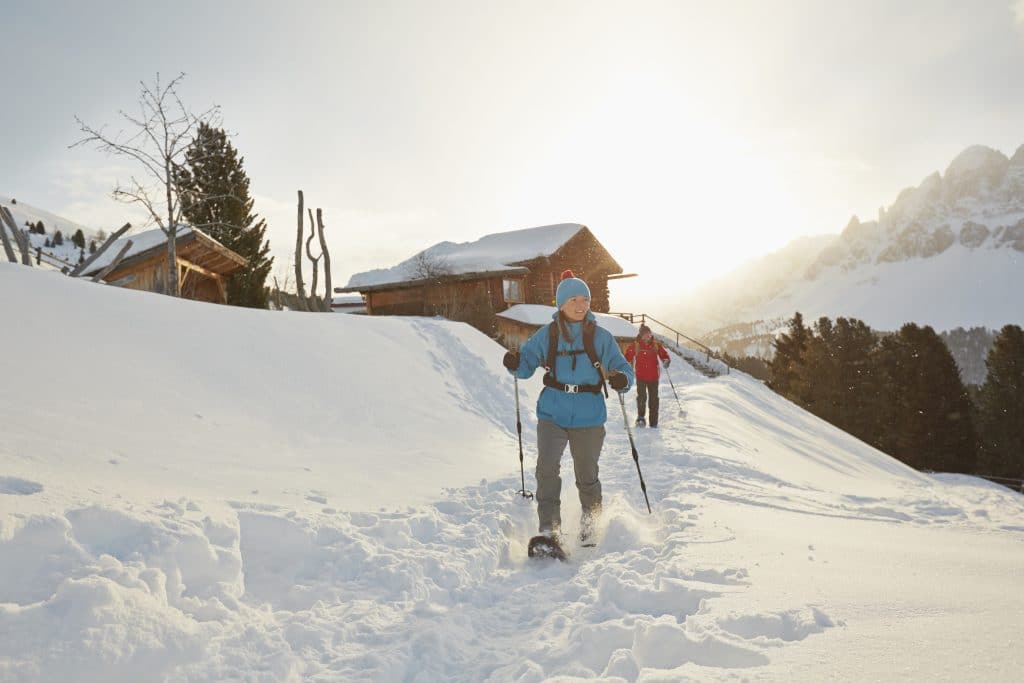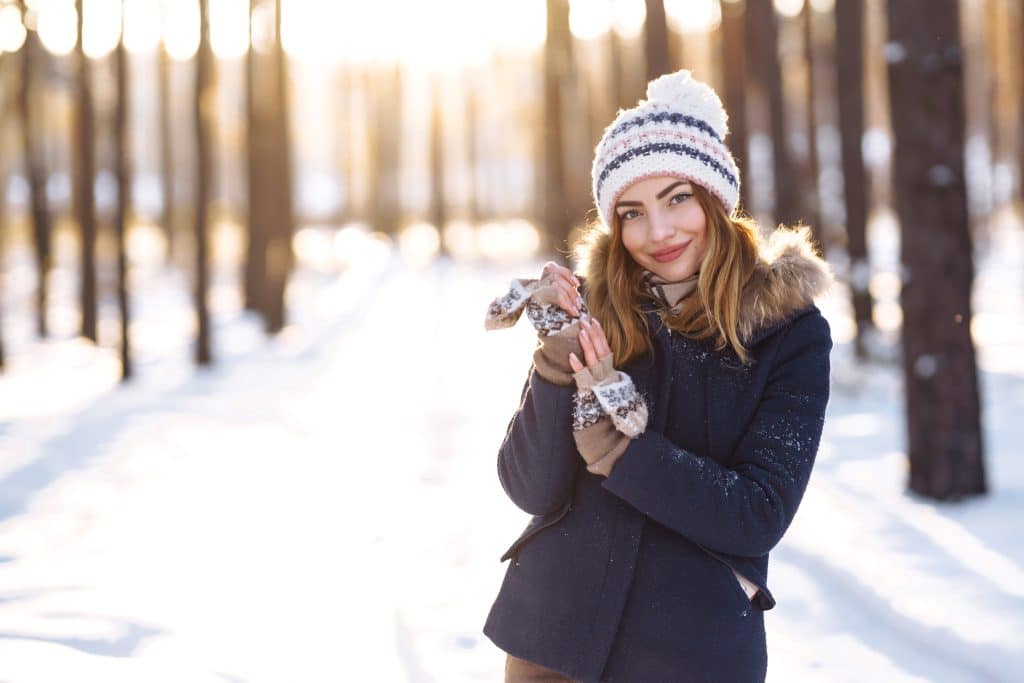Have you ever noticed how your fingers and toes seem to freeze faster than the rest of your body in cold weather? Cold temperatures can affect you in myriad ways, from chapped lips to red noses, poor circulation to a higher risk of hypothermia.
All of these things might sound uncomfortable (and sometimes downright dangerous), but understanding why they happen is key for learning how best to prepare for dealing with them – and maybe even avoiding them altogether. So if you’re curious about what happens internally when it’s chilly out there, read on! This article will uncover all the interesting changes that occur when your bodies experience a drop in temperature.
Contents
The Cold Can Cause Your Nose To Run

It’s no surprise colds can be a bummer – did you know that even your poor little nose can suffer from them? It may seem like magic, but when the temperatures drop, you often find yourself with a runny, dripping nose.
That’s because of something called vasoconstriction – your blood vessels narrow in response to cold temperatures, and this causes your mucous membranes to become inflamed and produce lovely substances like snot and phlegm. If you’re dealing with this issue next time it gets chilly out there, don’t let it dampen your spirits too much; at least you know there’s a scientific reason behind those embarrassing moments!
Your Body Might Shiver In The Cold

When confronted with cold air, your bodies utilize muscles in rapid rhythmical contractions that produce heat by converting potential energy into kinetic energy. When the temperature drops, your body can’t help but shiver! As a protective reflex, shivering is your body’s way of generating more heat and keeping you warm.
So the key to staying warm lies in convincing those little muscles to keep going! Humans aren’t the only ones that rely on this process; animals like dogs, cats, and rodents do, too, so don’t feel bad if you find yourself doing a little impromptu dance every time it gets chilly outside!
You Have A Higher Risk Of Hypothermia

Hypothermia, an uncomfortable condition sometimes referred to as ‘the umbles,’ is a serious risk in cold weather. When exposed to cold temperatures, your body loses heat quicker than it can produce, and that’s when the trouble begins! The cold can make you have a higher risk of hypothermia because it causes your internal body temperature to drop dangerously low, damaging the way your brain and other organs function.
It’s essential in cold weather to bundle up with layers of clothing and stay dry, so you don’t get too cold. Nevertheless, if you feel tingling or shivering, change into warmer clothes immediately or seek indoor shelter! Don’t risk being caught in a cool situation – just keep yourself warm as toast!
You May Lose Your Sense Of Taste And Smell

As if it wasn’t bad enough to be battling a cold, now you have to worry about your senses! Colds and other respiratory infections can impair your sense of taste and smell, making meals and scents much less enjoyable.
The reason behind it is that the congestion caused by the infection blocks the passage of scent molecules to the nerves in your nose and mouth.
The good news is that this loss isn’t permanent – once you kick the cold and everything dries up, those sensory powers should return to you. Until then, best of luck figuring out whether you need more sugar or salt!
You’ll Have A Harder Time Breathing In The Cold

When you’re in cold weather, take a deep breath, and you’ll realize that your body isn’t quite prepared for it – your lungs feel like they’re shrinking up in self-defense! It’s not just the chill in the air that affects your breathing – colder temperatures cause air to become much denser.
While getting used to the chilly climate can be challenging, don’t let your respiratory system get caught off-guard again – preparation is key! That means each inhalation packs less oxygen than usual, leading to difficulty breathing, chest tightness, and exhaustion with physical activity. To keep your lungs clear and healthy during the winter, bundle up when going outside and stay extra hydrated with warm liquids.
Cold Weather Can Denature Certain Enzymes

When cold weather strikes, it’s not just humans that feel the chill. Enzymes, which are classed as proteins and facilitate chemical reactions in the body, can also be denatured in cold temperatures. It turns out that even a subtle temperature change can cause enzymes to lose their structural integrity, meaning they can no longer function as they were designed to. It is enough to give anyone the cold shoulder! Of course, certain enzymes are designed to combat this problem, but for most everyday bodily processes, it’s best to stay warm.
Your Body Burns More Calories To Stay Warmed Up

It’s no surprise that your bodies need to work harder to maintain your warmth when it gets colder outside. Whenever the temperature drops, it puts the body into an ‘auto-pilot’ mode of burning more energy to keep yourself warm and cozy.
Our metabolism increases because the body needs to find more energy sources as we get exposed to this chillier atmosphere. As you move around, you generate more heat through your muscle activity, allowing you to stay comfortable inside or outdoors in the cold weather. With all of these mechanisms in play, it’s clear that Mother Nature knows how to look after you – and she’s got a great way of ensuring you keep burning calories even in winter!
The Cold Can Cause Dry Eyes

If your eyes feel dryer than usual in wintertime, it may have something to do with the cold. With colder weather in full swing, you might feel the effects in more ways than one! Believe it or not, low temperatures and cold air can cause an increase in evaporative tear loss — think of it as the hairdryer effect for your eyes.
This escalation of tear evaporation is from a drop in air humidity, which is common during colder temperatures. While the effect won’t harm your eyes, if left unchecked, it could lead to discomfort over time. So bundle up, and don’t forget to pop in some artificial tears before heading out into the chill!
You Lose Less Water When It’s Cold Outside

The cold weather certainly has its perks! Not only does it keep you bundled up and warm, but it also prevents you from losing too much water. When the temperature is low, you perspire less than when it’s hot outside.
This means that your bodies aren’t under as much stress to replenish lost moisture, consequently reducing your need to drink lots of liquids while out in the cold. So while grabbing a cup of hot cocoa may be great for warming up chilly hands, don’t forget that you don’t need nearly as much as you think – unless you want to take a winter swim in the snow!
Stay Safe In The Cold!
Make sure that you bundle up before going out into the winter weather and do your best to maintain a healthy lifestyle overall. With colder temperatures comes an increased risk of certain conditions and diseases, especially in kids and the elderly. Avoiding dehydration is essential all year round, particularly during cold spells. And don’t forget that the first line of defense against infections and diseases is a good old-fashioned flu shot. You’ll be glad you did!